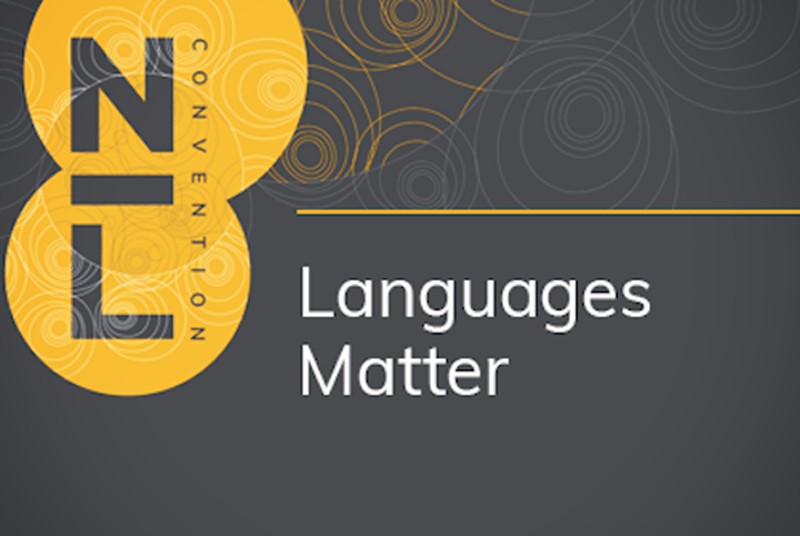
Paris/Mexico City, 29 February—Participants at the High-level event, “Making a decade of action for indigenous languages,” on 28 February issued a strategic roadmap for the Decade of Indigenous Languages (2022-2032) prioritizing the empowerment indigenous language users.
More than 500 participants from 50 countries, including government ministers, indigenous leaders, researchers, public and private partners, and other stakeholders and experts, adopted the Los Pinos Declaration, at the end of the two-day event in Mexico City, which was organized by UNESCO and Mexico. The Declaration places indigenous peoples at the centre of its recommendations under the slogan “Nothing for us without us.”
The Declaration, designed to inspire a global plan of action for the Decade, calls for the implementation of the internationally recognized rights of indigenous peoples, expressed notably in the UN Declaration on the Rights of Indigenous Peoples of 2007 and the UN System-wide Action Plan (SWAP) on the Rights of Indigenous Peoples of 2017. It also refers to other standard-setting instruments such as UNESCO’s Convention against Discrimination in Education (1960), the UN’s International Convention on the Elimination of All Forms of Racial Discrimination (1965), International Covenant on Civil and Political Rights, and International Covenant on Economic, Social and Cultural Rights (1966).
In its strategic recommendations for the Decade, the Los Pinos Declaration emphasizes indigenous peoples’ rights to freedom of expression, to an education in their mother tongue and to participation in public life using their languages, as prerequisites for the survival of indigenous languages many of which are currently on the verge of extinction. With regard to participation in public life, the Declaration highlights the importance of enabling the use of indigenous languages in justice systems, the media, labour and health programmes. It also points to the potential of digital technologies in supporting the use and preservation of those languages.
Building on lessons learnt during the International Year of Indigenous Languages (2019), the Declaration recognizes the importance of indigenous languages to social cohesion and inclusion, cultural rights, health and justice and highlights their relevance to sustainable development and the preservation of biodiversity as they maintain ancient and traditional knowledge that binds humanity with nature.
Current data indicates that at least 40% of the 7,000 languages used worldwide are at some level of endangerment. While reliable figures are hard to come by, experts agree that indigenous languages are particularly vulnerable because many of them are not taught at school or used in the public sphere.
More statistical data will become available once UNESCO’s Atlas of Languages, a database about practically all human languages, becomes available later this year.


